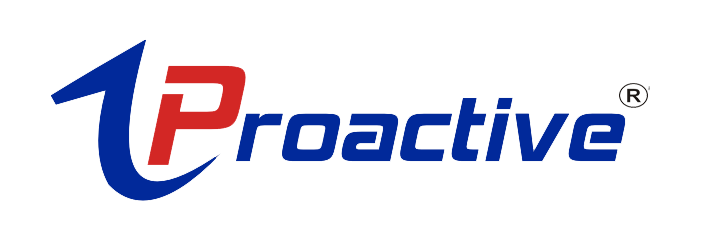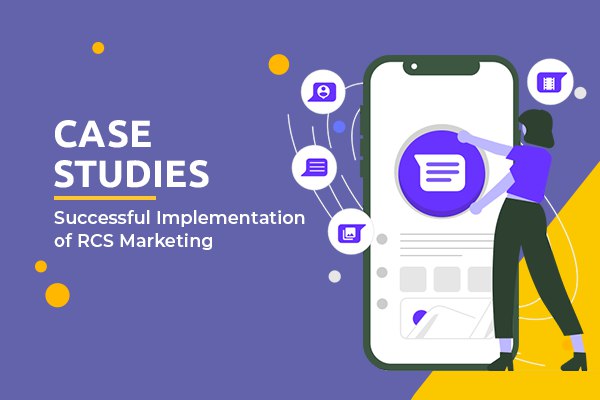WhatsApp Marketing Metrics: Measuring Success
- August 28, 2024
- WhatsApp Marketing
WhatsApp has quickly become one of the most powerful tools for digital marketing, offering businesses a direct and personal way to reach their audience. With over 2 billion users worldwide, WhatsApp Marketing provides a unique platform to engage customers, build relationships, and drive conversions.
However, like any marketing effort, the success of a campaign needs to be measured to understand what’s working and what’s not. At Proactive Digital, we specialize in helping businesses leverage WhatsApp marketing effectively, and we’ve identified key metrics that can help you measure the success of your campaigns.
Why Measuring WhatsApp Marketing Success is Important
Measuring the success of your WhatsApp marketing campaigns is crucial for several reasons:
- Optimization: By understanding which elements of your campaign are successful, you can optimize future efforts for better results.
- ROI Calculation: Measuring success allows you to calculate the return on investment (ROI) of your WhatsApp marketing campaigns, helping you justify spending and allocate resources more effectively.
- Strategy Refinement: Regularly tracking metrics helps you refine your marketing strategy, ensuring it aligns with your business goals and audience preferences.
- Customer Insights: Metrics provide valuable insights into customer behavior and preferences, allowing you to tailor your messaging for greater impact.
Key Metrics to Measure WhatsApp Marketing Success
1. Message Open Rate
The message open rate is a fundamental metric that indicates how many of your recipients are opening your messages. A high open rate suggests that your audience is interested in your content, while a low open rate may indicate that your messaging isn’t resonating.
Open rates can be influenced by factors such as the timing of your messages, the relevance of your content, and how well you’ve segmented your audience. At Proactive Digital, we help our clients optimize their message open rates by crafting compelling content and strategically timing their communications.
2. Click-Through Rate (CTR)
The click-through rate (CTR) measures the percentage of recipients who clicked on a link within your message. This metric is crucial for understanding how engaging and persuasive your content is.
A high CTR indicates that your message is compelling enough to prompt action, while a low CTR may suggest that the content isn’t as effective. To improve CTR, focus on creating strong calls-to-action (CTAs), using clear and concise language, and ensuring that the links lead to valuable content or offers.
3. Conversion Rate
Conversion rate is one of the most important metrics in WhatsApp marketing. It measures the percentage of recipients who took a desired action, such as making a purchase, signing up for a newsletter, or downloading an app, after clicking a link in your message.
Tracking conversion rates helps you assess the effectiveness of your WhatsApp campaigns in driving business goals. To boost conversion rates, ensure that your landing pages are optimized, your offers are attractive, and your messages are aligned with the recipient’s interests and needs.
4. Response Rate
The response rate measures how many recipients replied to your message. This metric is particularly important for campaigns designed to engage customers in two-way communication, such as customer service inquiries or feedback requests.
A high response rate indicates strong engagement and interest, while a low response rate may suggest that your messaging isn’t encouraging enough interaction. Improving response rates involves crafting messages that invite dialogue and making it easy for recipients to respond.
5. Delivery Rate
The delivery rate measures the percentage of messages successfully delivered to your recipients’ devices. A high delivery rate is critical for ensuring that your audience receives your messages.
If your delivery rate is low, it could be due to incorrect phone numbers, messaging restrictions, or technical issues. Ensuring your contact list is up-to-date and verifying phone numbers before launching a campaign can help maintain a high delivery rate.
6. Unsubscribe Rate
The unsubscribe rate indicates the percentage of recipients who chose to opt out of receiving further messages from your business. While some level of opt-out is normal, a high unsubscribe rate could be a sign that your messages are too frequent, irrelevant, or intrusive.
Monitoring this metric can help you adjust your messaging strategy to reduce opt-outs and retain more of your audience. At Proactive Digital, we work with our clients to find the right balance in messaging frequency and content relevance to minimize unsubscribe rates.
7. Customer Satisfaction Score (CSAT)
This can be measured through direct feedback collected via WhatsApp after a purchase, customer service interaction, or campaign. High CSAT scores indicate that your WhatsApp marketing is positively impacting customer satisfaction, while lower scores can highlight areas for improvement.
Best Practices for Measuring WhatsApp Marketing Success
1. Set Clear Goals
Before launching a WhatsApp marketing campaign, it’s essential to set clear, measurable goals. Whether your objective is to increase sales, boost engagement, or improve customer satisfaction, having defined goals will guide your efforts and make it easier to measure success.
2. Track Metrics Regularly
Consistent tracking is key to understanding the performance of your WhatsApp marketing campaigns. Use analytics tools to monitor key metrics in real-time and over specific periods to identify trends, successes, and areas for improvement.
3. Analyze and Optimize
Analyzing your metrics should lead to actionable insights. Identify what’s working well and where there are opportunities to improve. Regularly optimizing your messaging, timing, and content based on these insights will help you achieve better results over time.
4. A/B Testing
A/B testing involves sending two variations of a message to different segments of your audience to see which one performs better. This method can be used to test different elements of your WhatsApp marketing campaigns, such as CTAs, messaging tone, or content type. The insights gained from A/B testing can help refine your approach for maximum effectiveness.
Conclusion
Measuring the success of your WhatsApp marketing campaigns is essential for optimizing your strategy and achieving your business objectives. By tracking key metrics such as open rates, CTR, conversion rates, and customer satisfaction, you can gain valuable insights into the effectiveness of your campaigns and make informed decisions to enhance performance.
At Proactive Digital, we help businesses leverage the full potential of WhatsApp marketing by providing expert guidance, advanced analytics, and proven strategies for success.
FAQs
Q1: What is the most important metric in WhatsApp marketing?
A: The most important metric depends on your specific goals, but conversion rate is often critical as it directly reflects the success of your campaign in achieving business objectives.
Q2: How can I improve the open rate of my WhatsApp messages?
A: To improve open rates, focus on timing, relevance, and personalization. Craft compelling content that resonates with your audience and is sent at optimal times.
Q3: What tools can I use to track WhatsApp marketing metrics?
A: Several analytics tools can help you track WhatsApp marketing metrics, including WhatsApp Business API insights, third-party platforms, and custom dashboards.
Q4: How does A/B testing work in WhatsApp marketing?
A: A/B testing in WhatsApp marketing involves sending different versions of a message to segments of your audience to determine which performs better, allowing you to optimize future campaigns.
Q5: How can Proactive Digital help with my WhatsApp marketing efforts?
A: Proactive Digital offers comprehensive WhatsApp marketing services, including campaign planning, execution, and metrics analysis, to help you achieve your marketing goals and maximize ROI.









